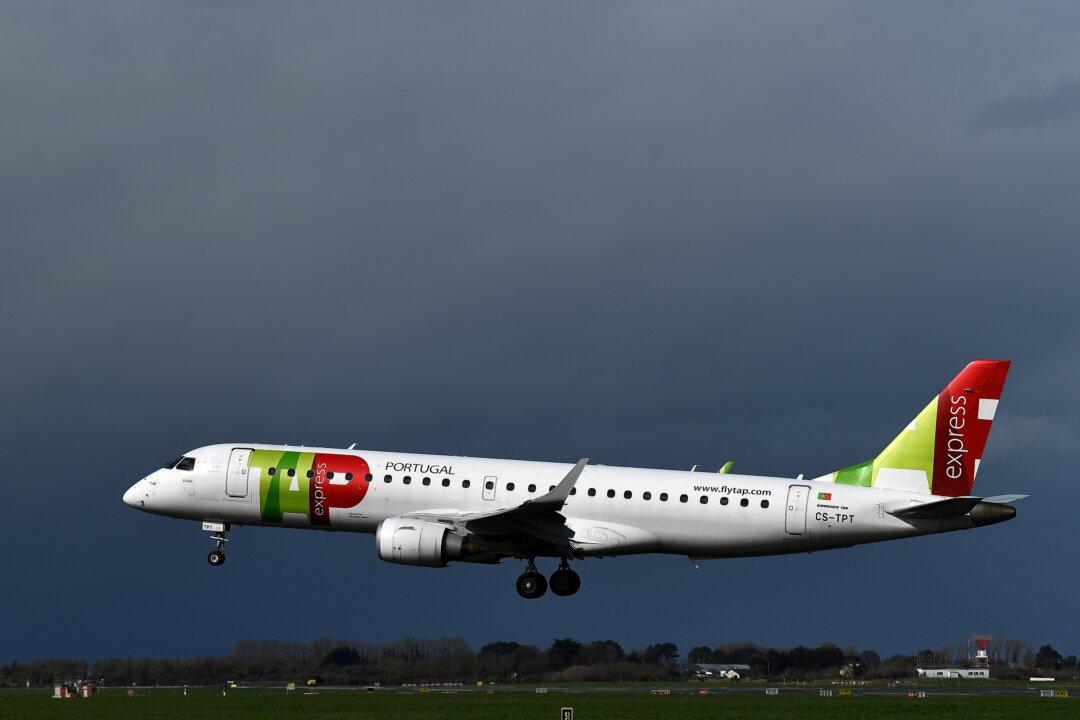LISBON—Portugal’s flag carrier TAP told customers on Thursday that hackers had stolen some of their personal data and published it on the dark web, although the state-owed airline said all payment details appeared to be safe.
TAP said in a letter to customers the cyber attack last month obtained from its servers people’s names, nationalities, email and home addresses, phone contacts and frequent flier numbers.





